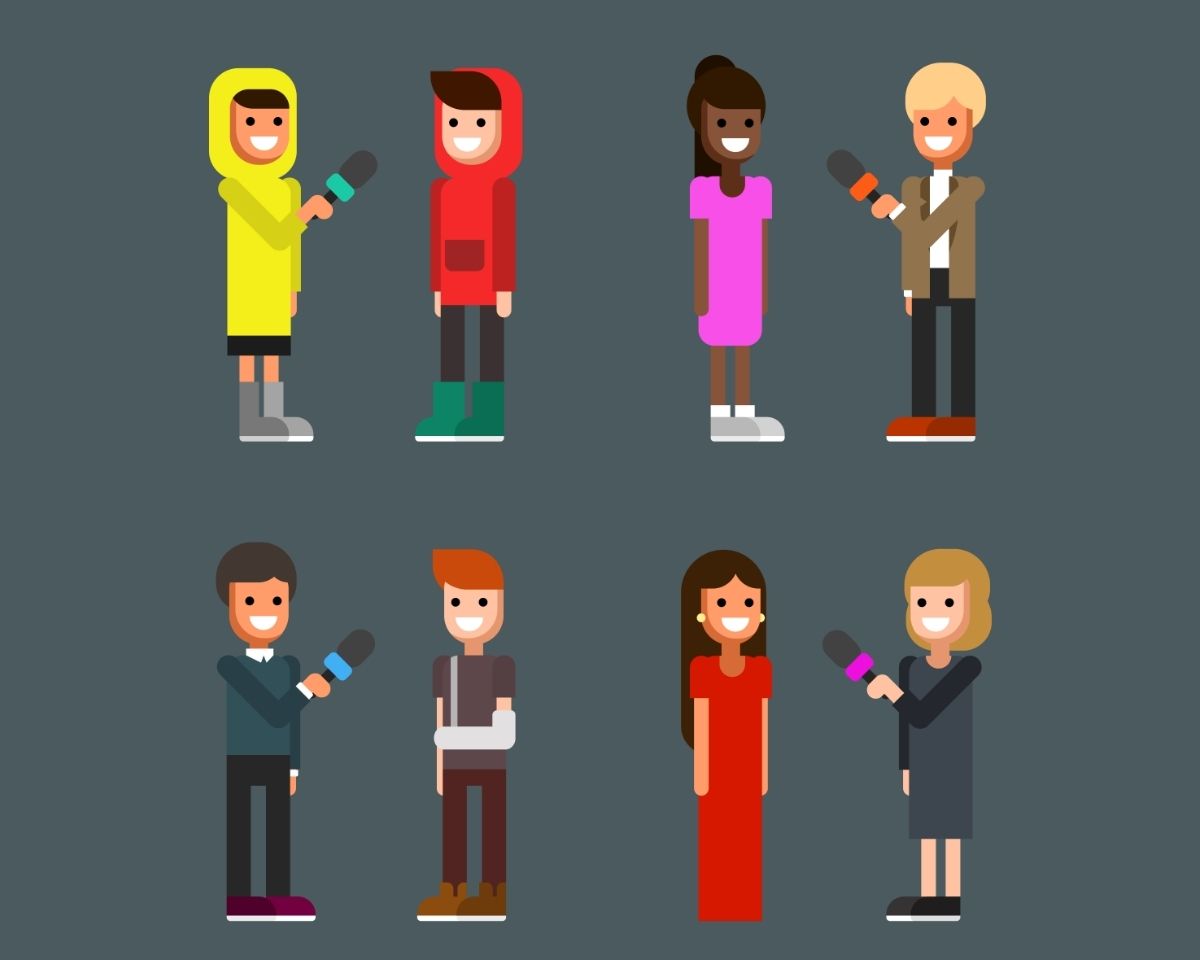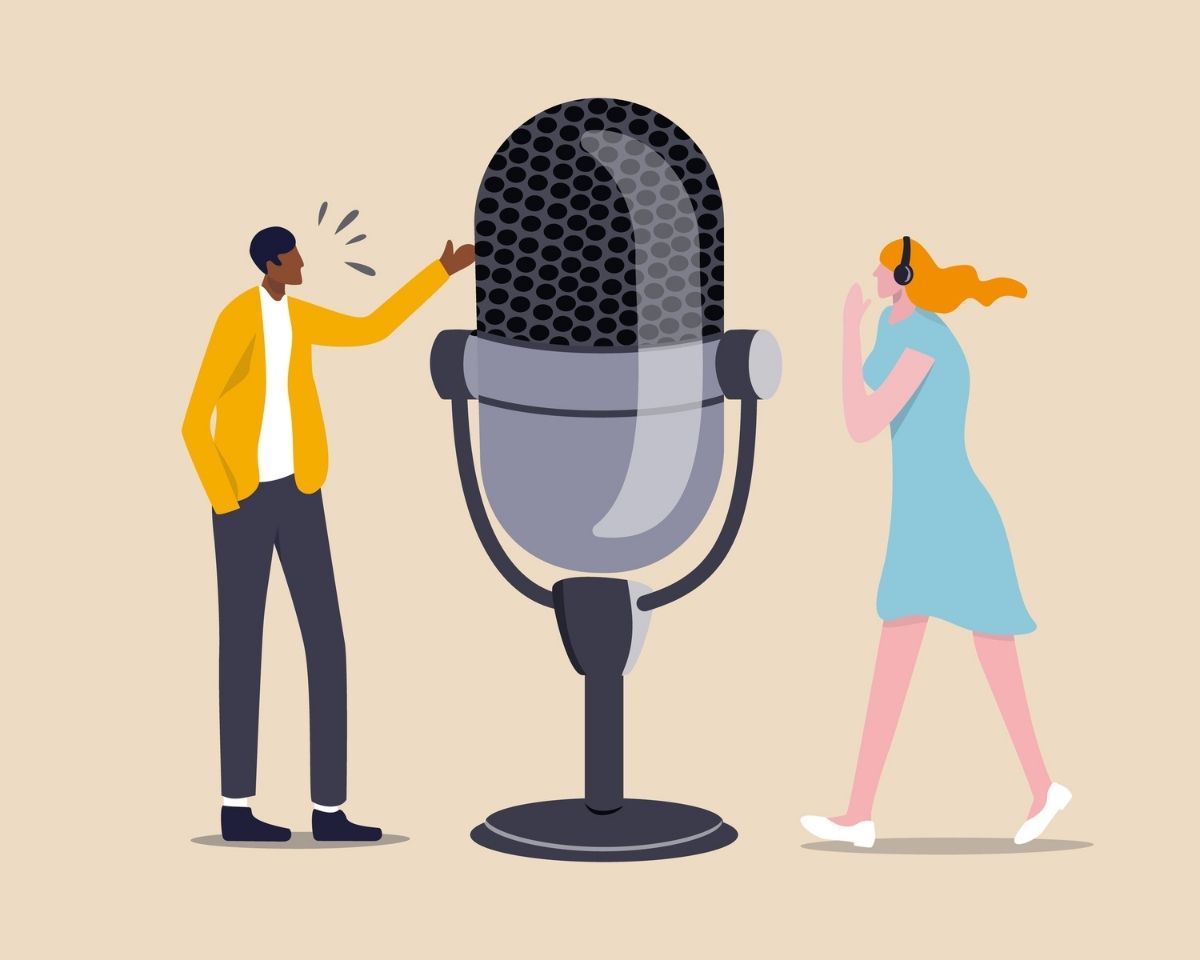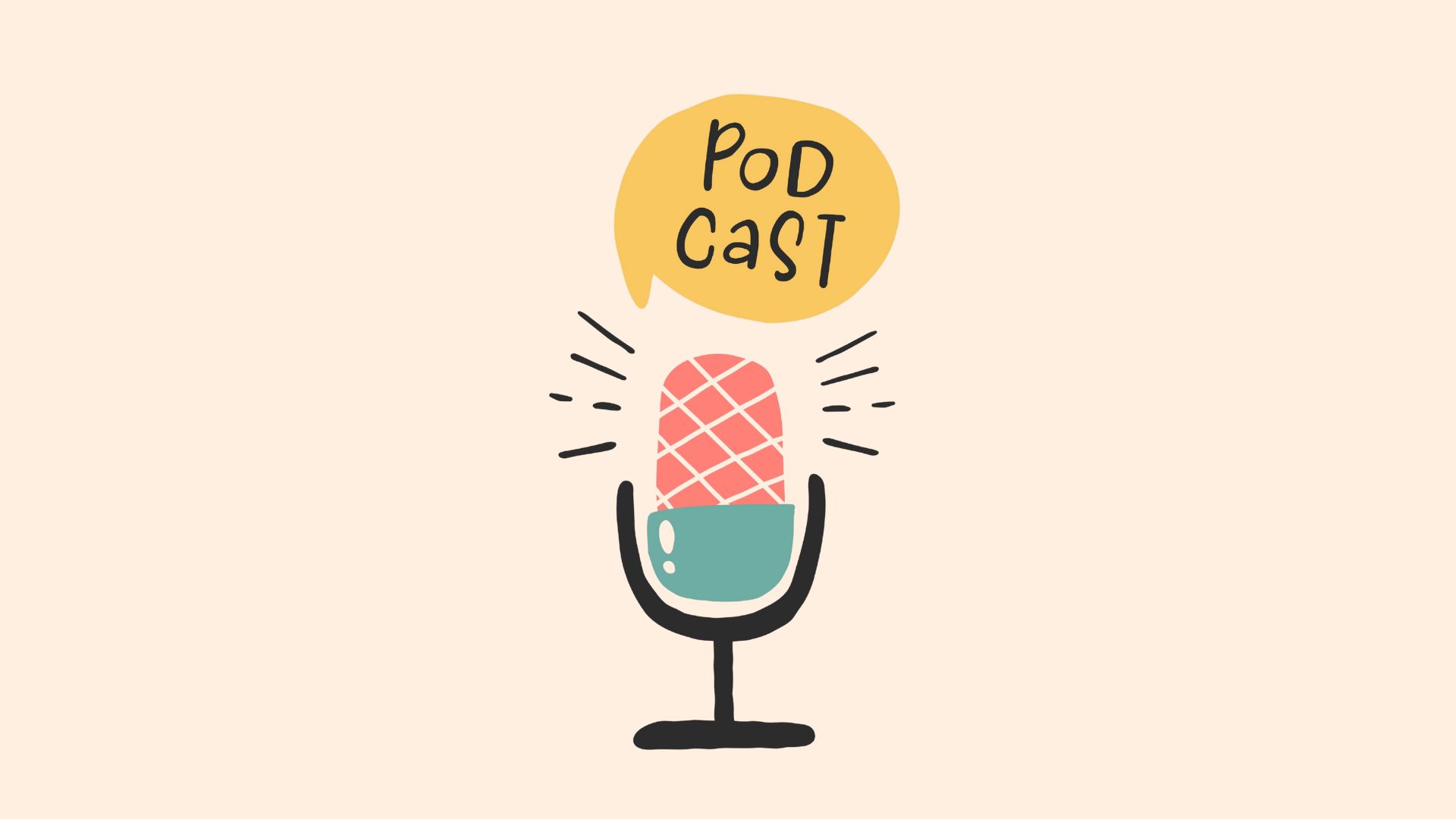Guest booking doesn’t have to be intimidating
If you’ve ever tried to book guests for your podcast, you’ll know it’s not always easy, especially when you’re starting out.
You’re often reaching out to people with no audience, no episodes and no proof of what your show will be.
And that can be a hard sell.
Even if you’ve already launched, booking guests can still be time-consuming and frustrating, especially if you’re expecting every pitch to get a yes.
So here’s how to approach guest booking strategically so you don’t get disheartened…
Want help starting your podcast? Download my FREE “How To Start A Podcast” guide.
Start with the right guest list
Before you starting pitching, ask yourself “Why do I want this person on my show?”
If the answer is “Because they have a big following,” that’s not enough.
Guests with big profiles don’t always promote your episode and even if they do, it might not be enough to bring a lot of people over.
There’s no doubt speaking to people with an existing audience is great for discoverability but it can’t be the only reason you’re asking people to come on your show.
So instead of focusing on followers, focus on value.
Would their story resonate with your audience? Do they have insight or experience that aligns with what your listeners are looking for?
Some of the best podcast interviews come from people with no public profile, just a great story and a willingness to share it.
Where to find guests
You can find guests anywhere, including by…
- Sending cold DMs or emails
- Reaching out via their website
- Contacting their management (if they’ve got one)
- Using guest platforms like PodMatch or MatchMaker.fm
- Meeting people at events or in online communities
- Searching on social media or Google
Basically, if someone exists online, there’s usually a way to find them and ask them to be on your show.
Naturally, the more cold the outreach (i.e. the less they know you) the more you have to sell yourself and your show so you need to make sure you’re putting your best foot forward.
How to pitch guests (and get more people to say “YES!”)
People are busy and if they’re going to take time out of their day to join you on your podcast, especially if they’ve got a high-profile they need to know exactly why you’ve chosen them and what’s in it for them.
That doesn’t need to be money or some other explicit exchange but they need to walk away from your email feeling like “This is going to be something I’m going to get value out of too.”
Even if that value is just having a good time.
So when you’re reaching out to potential guests here are some things to include in your emails…
- Why you want them on the show (prove you’ve done your research and you understand their message or story)
- What’s in it for them (audience reach, promotional opportunities, the impact you feel their story or expertise would have on your audience)
- An understanding of what the conversation would cover (top line rather than providing specific questions)
- Any helpful proof points (e.g. past guests, downloads, your story or mission)
- A clear call to action (let them know what you’d like them to do next)
If you’re sending out a lot of emails it might also be a good idea to create an easily skimmable one-pager with your logo, info about you and the podcast, guest examples and statistics.
And remember, even the best pitches still get nos and that’s totally normal.
Make it easy for guests to say yes
Once someone says yes you want to make sure everything that happens after that point is really easy.
You could use a tool like Calendly to book time with them to avoid going back and forth on emails.
You could send them information to help them choose the right recording location so they sound great.
You could give them them a heads up if you’re going to be recording video so they know to be camera ready.
Share any information that might help them feel more comfortable and give them an understanding of what to expect.
And if they’re not used to being interviewed, make sure you give them as much information as you can to make sure they feel comfortable.
Just don’t give them the questions.
People who aren’t used to being interviewed often take those questions and prepare answers word for word, so if you go off script in the moment, it can throw them and that’s not ideal.
You want to make sure your guest feels like they’re prepared but can also just be in the moment because that’s where the best conversations happen.
How many guests do you need?
If you run a weekly show, that’s 52 guests a year which means you’ll need to send a lot more than 52 emails to fill those spots.
Cast your net wide, don’t wait for responses one by one and don’t be discouraged by rejections.
Booking guests takes time, effort and a lot of calendar juggling but once the interviews start flowing, it does get easier.
And if you’re finding the guest grind too much don’t be afraid to mix in some solo episodes.
There’s no rule that says your podcast has to be interview-only.
🎙️ Want to start a podcast but feeling overwhelmed?
Grab my free “How To Start A Podcast” guide or get step-by-step support inside my online course, PodSchool.
Got a question about podcasting? Send it my way so I can answer it on the podcast!











One Response
This is a great write-up. Thank you for sharing this!!! Also, I really appreciate you including PodMatch in it. 🙂 That means a ton.
Keep being awesome, Rachel!!!